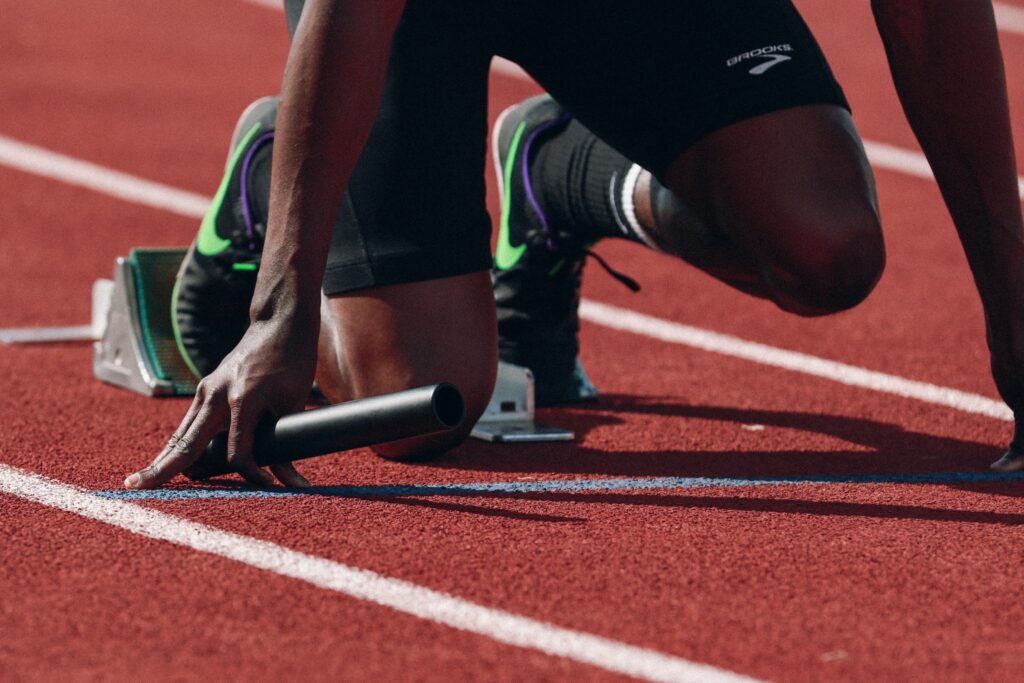International Sporting Events: A Catalyst for World Betterment
I made the twenty-five hour drive from Moscow to Sochi in the summer of 2013, where I would spend the next year living with my family in a cramped, orange-colored apartment overlooking the Black Sea. Over the course of six months, I saw the city transformed: buildings erected, restaurants opened, souvenir shops filled to the brim with Olympic merchandise. A resort town on the “Russian Riviera,” Sochi was relatively unknown to those outside the country until it was nominated as the host city for the 2014 Winter Olympics.
A spectator at the Games, I never imagined the hidden crimes that plagued international sporting events. During major events like the Olympics, forced labor and human trafficking reports often spike.

The driving force? Demand.
In order to build stadiums and upgrade public infrastructure quickly, a large labour force is required. Unskilled workers, desperate for employment and an income, accept these jobs and are left at the mercy of employers seeking to gain maximum profit. In one reported case, eleven men were found victims of human trafficking, subjected to abhorrent living conditions and false promises in regard to their wages during construction of the 2016 Summer Olympic Games in Rio. The safety and protection of workers is also not prioritised, with one Napalese worker dying every two days during the construction of the 2022 World Cup in Qatar.
While a heightened demand for labour is the driving force behind one human exploiting another, transportation of victims disguised as visitors is the means by which it is done. Many illegal migrants are exploited and abused, often indebted to their traffickers, and at the mercy of those controlling their movement. Mega events create the perfect conditions for traffickers to move workers around with ease and without consequence, a fact supported by the high rates of illegal migration discovered during the 2010 World Cup.
So what can be done?
The answer, in short, is a collective effort by the International Olympic Committee, non-governmental organizations, and the host country itself to educate visitors on human trafficking and the role they can play in its prevention. It’s A Penalty, an organization dedicated to eradicating human trafficking by using international sporting events as a platform, has rescued over 16,800 victims through collaboration with law enforcement, hotels, and airlines. The latter is especially important given that 71% of labour trafficking victims were brought to the United States via plane during the 2018 Super Bowl.
Businesses can also do their part in the fight against human trafficking by demanding transparency from their suppliers, especially when it relates to construction. Legislation in the U.S., U.K., and other countries have shifted in this direction, requiring companies to certify that their products are free from forced labour at every level of the supply chain. This may involve the private sector ensuring that any workers employed in construction projects have employment contracts, access to grievance reporting, and their conditions regularly inspected via social auditing procedures. Often issues in the construction industry are hidden in plain sight because companies use third party labour brokers and fail to conduct comprehensive inspections on how the migrant labour was sourced. Transparency, not naming and shaming, is “one of the single largest deterrents in being able to prevent labour trafficking,” according to Annalisa Enrile, a professor at the University of Southern California.
Major sporting events, especially the Olympics, are founded on values of friendly competition, mutual respect, and the promotion of excellence. What people fail to realise is that these values are not confined solely to the realm of sport but can also be used as a catalyst for change in building a better world.
Author: Mackenzie Nace
Sources:
https://www.espn.com/espn/story/_/id/25876477/the-rise-exposure-human-trafficking-sports-world
https://www.interaction.org/blog/how-global-sporting-events-can-encourage-human-trafficking/

